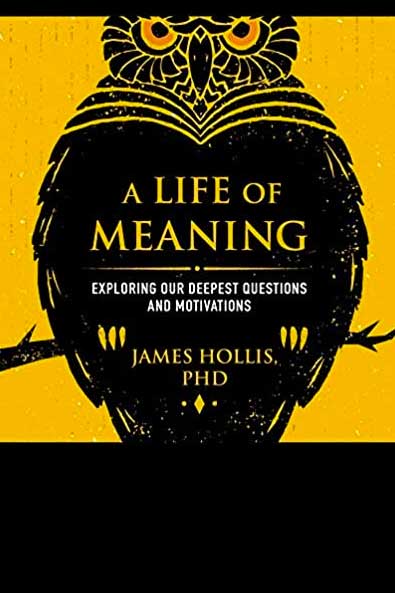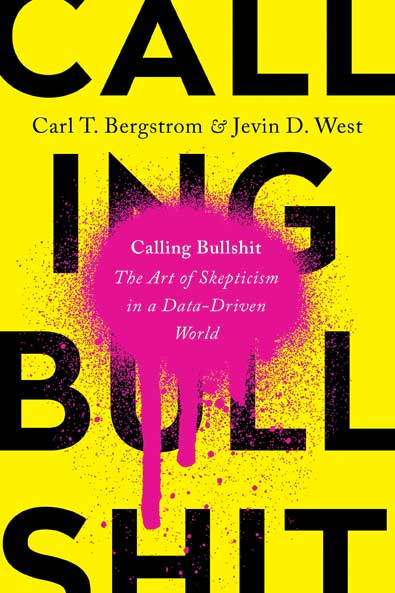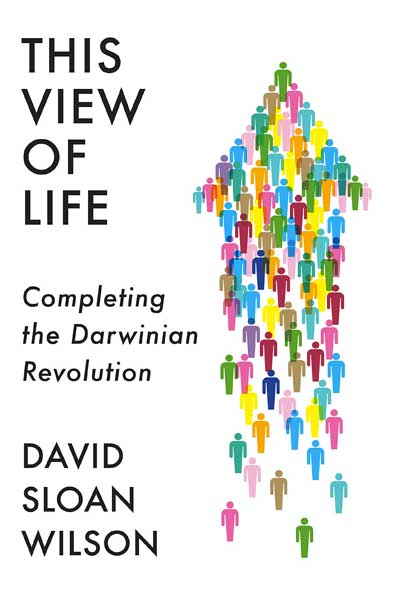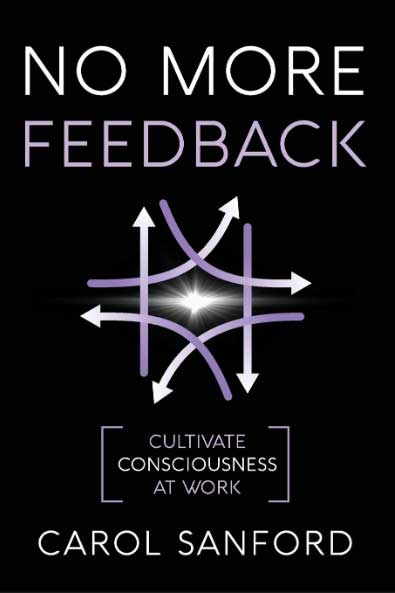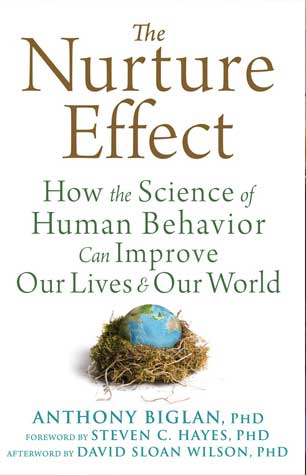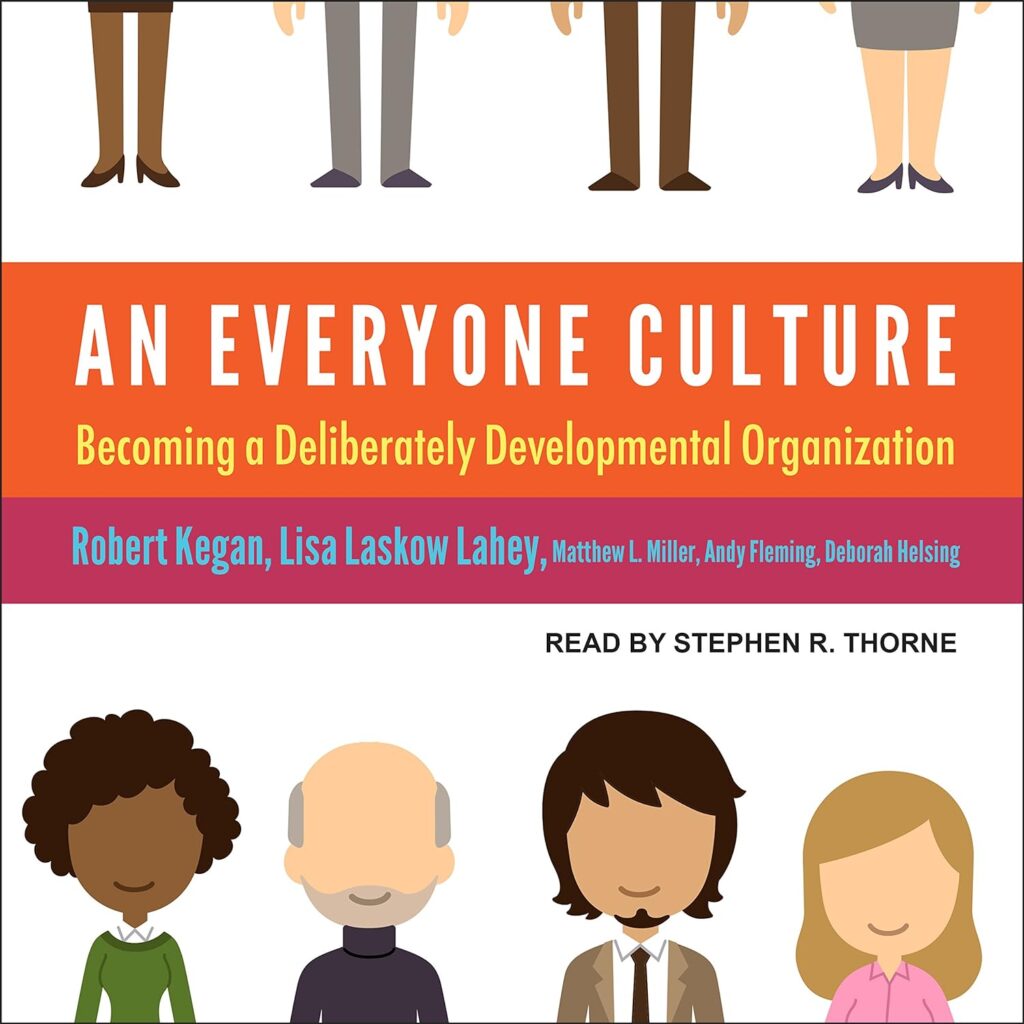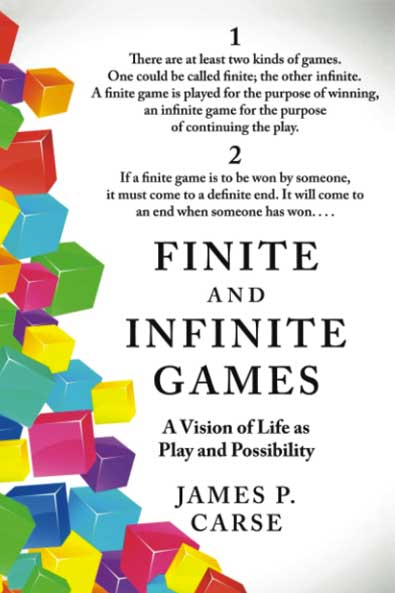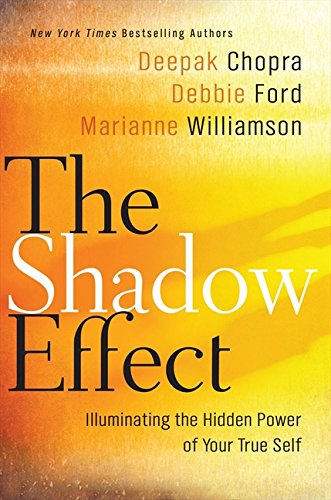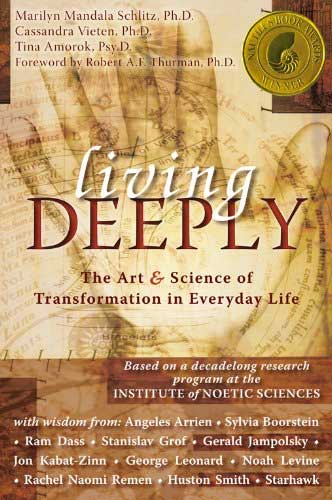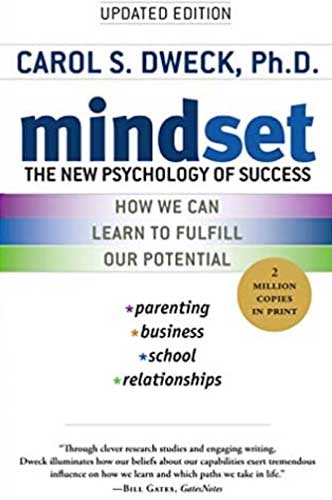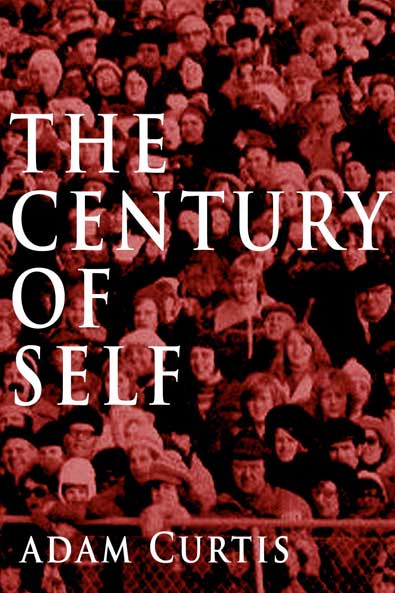
Jung famously remarked that the majority of people who came to him were not suffering from any neurosis or other psychological disorder, but from a lack of meaning in their life. This, he said, was the central question in the second half of life, after one has already established oneself in the world. Material comfort and a high standard of living did not necessarily lead to happiness; indeed they often got in its way, and it was not unusual for seekers of meaning to put themselves in uncomfortable circumstances, because of an unconscious instinct that comfortable ones would kill them.
But the challenge of meaning concerns our inner life, and Jung believed he had hit upon the mechanism through which a “flat, stale and unprofitable” life could be transformed into one of purpose and growth. This required a new alignment of the polarity between our conscious and unconscious minds, which would make things “just right.” Jung called this the Transcendent Function and this talk will focus on its part in Jung’s search for meaning.
Gary Lachman is a founding member of the rock group Blondie, and now a full time writer with more than a dozen books to his name, on topics ranging from the evolution of consciousness and the western esoteric tradition, to literature and suicide, and the history of popular culture. Lachman writes frequently for many journals in the US and UK, and lectures on his work in the US, UK, and Europe.



